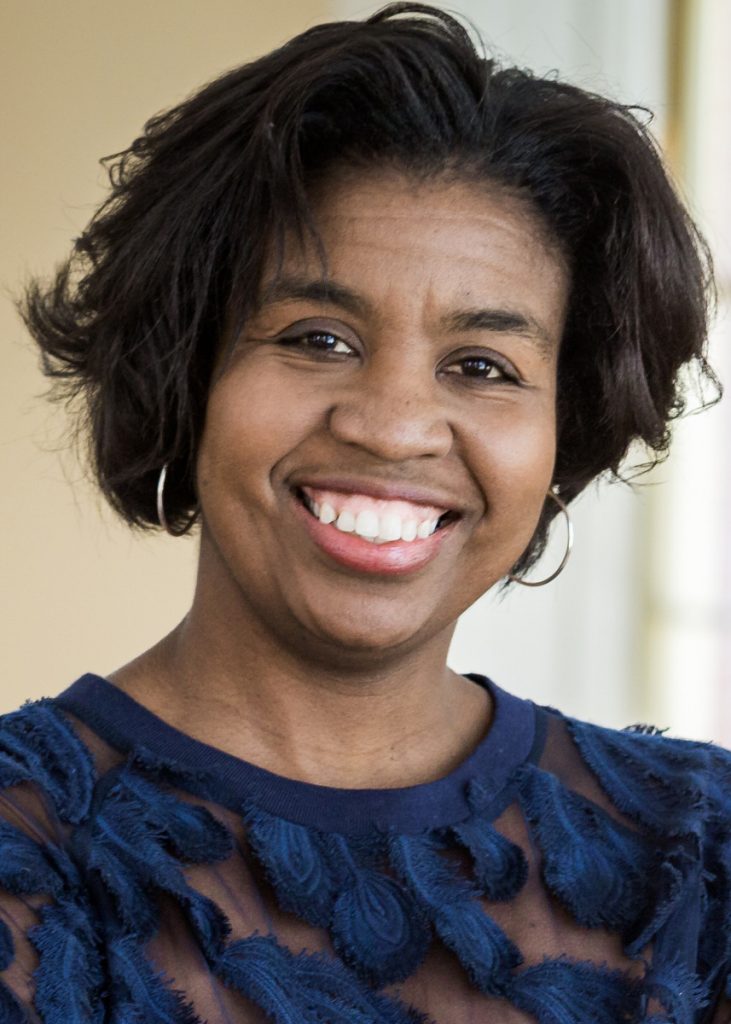
Kaitlyn Finchler
Staff writer
Familiar, everyday experiences can still be made special. The unfamiliar experiences can be as well, if people know where to look.
Poet-in-residence January Gill O’Neil and prose writer-in-residence Laura Scalzo will share stories and memories from their writing at 3:30 p.m. Sunday in the Hall of Philosophy to launch Week Two programs at the Chautauqua Writers’ Center.
O’Neil said she plans to read a mix of poems from Rewilding, which she refers to as her “little engine that could” book, as well as her upcoming book Glitter Road, set to be released in February 2024.

“Getting out of your own space and your everyday coffee mug and slippers — just getting away from everything and writing into the landscape and into the beauty of where you are makes a difference in the work that you produce,” O’Neil said.
When reading to an audience, O’Neil said she gauges the mood before starting. If it feels light, she’ll stray from sad poems, for example.
“Readings have a music, they have a rhythm to them and you want to read to those strengths and everything (that) factors in there,” O’Neil said.
At the outset of her portion of the reading, Scalzo will feature her novel American Acadia, which includes a lot of water imagery. She hopes people will find it familiar, particularly because she spent summers on Chautauqua Lake, and has formed a “deep love” for it and the entire region.
“It’s part of my family history and my personal history,” Scalzo said.
The benefits of Writers’ Center programs are dependent upon what participants are looking to get out of them. O’Neil said her main goal is to bring people together for words.
“We just don’t slow down enough and listen,” O’Neil said. “I think the arts are so valuable in all of its forms, but specifically for reading (and) for listening.”
Storytelling in itself is an oral tradition, and O’Neil said she wants to make the argument that if no one shares, then no one listens, and the stories die.
“If we don’t think about them, contemplate (or) debate about them, then they get lost and then somebody else gets to tell the story,” O’Neil said. “America is made of a broader fabric. It’s wonderful that we’re hearing so many varied perspectives on all topics.”




